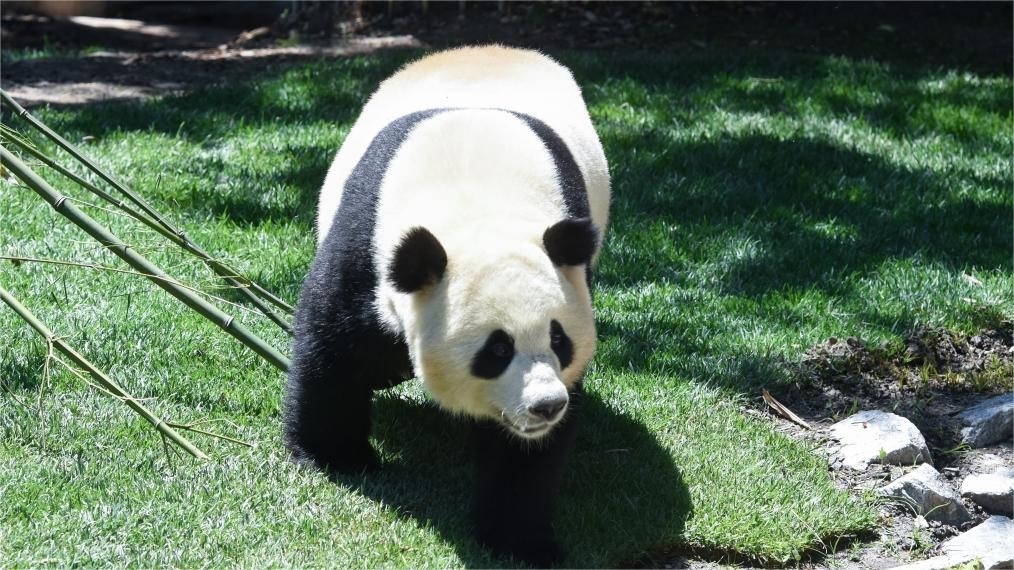China promotes open, equal security cooperation to anchor stability, development at Shangri-La Dialogue
SINGAPORE, June 2 (Xinhua) -- Chinese Defense Minister Dong Jun on Sunday called for a regional security landscape featuring equal participation, non-confrontation and candid communication to consolidate the role of the Asia-Pacific as the anchor for global development and stability at the 21st Shangri-La Dialogue.
"We stand ready to work with all of you to build an Asia-Pacific community with a shared future, and share the benefits of security and development," Dong said.
COMMON SECURITY
In the face of common security challenges, no country can stay unaffected, and one of the deep-rooted causes of the ongoing wars and conflicts is that the security concerns of some countries have long been ignored, Dong noted.
China has been promoting positive handling of the Israeli-Palestinian conflict in a constructive manner at the United Nations Security Council and on a global scale, said Muhammad Syaroni Rofii, a lecturer from the School of Strategic and Global Studies at the University of Indonesia.
"This alternative approach resonates with people around the world. And it is time for some Westerners to give up their double standards," the scholar noted.
With its Global Security Initiative featuring common, comprehensive, cooperative and sustainable security, China has made contributions to addressing conflicts.
China will always uphold fairness and justice for other developing countries and create more opportunities for them to engage in security governance on an equal basis, Dong said.
SECURITY FUELS PROSPERITY
A stable environment is important for economic growth in the Asia-Pacific region, said analysts.
Economic actors can leverage peace and stability for global cooperation, which helps build global connections and accelerate global value chains, Rofii said.
Over the past 40 years, the Asia-Pacific has been the most peaceful region in the world and achieved remarkable growth, said Zhang Chi, an associate professor at the National Defense University of China.
"Most Asia-Pacific countries adhere to the Five Principles of Peaceful Coexistence and handle their differences and conflicts through dialogue and consultation, thus maintaining stability and prosperity," Zhang told Xinhua.
In his speech, Dong called on countries in the region to act with a strong sense of responsibility, credibility and sincerity to achieve win-win outcomes to create lasting peace and common prosperity for the Asia-Pacific.
"We owe the hard-won stability and prosperity in the Asia-Pacific to the vision and concerted efforts of our people. We will not allow any country or any force to create conflict and chaos in our region," he said.
RESISTING EXTERNAL INTERFERENCE
By forming small groups, some external powers are undermining ASEAN centrality and have brought unstable factors to regional peace and development.
At the Shangri-La Dialogue, the Chinese delegation warned on multiple occasions that such acts would endanger the security and stability in the South China Sea, and eventually backfire.
"This issue can only be settled within the ASEAN framework. Since ASEAN and China have agreed to negotiate for a code of conduct, more efforts should be focused on finalizing the negotiation soon," said Lee Pei May, a political expert at the International Islamic University of Malaysia.
Anna Malindog-Uy, vice president of the Manila-based think tank Asian Century Philippines Strategic Studies Institute, echoed the opinion, stressing that external forces may increase the risk of escalating tensions in the South China Sea.
China always believes that countries must uphold true multilateralism in dealing with regional security affairs, and the ASEAN-centered architecture for regional security cooperation is widely recognized as a viable and effective one, Dong said in his speech.
"The Chinese military will take a more open approach and work with the militaries in regional countries to build a new type of security partnership featuring equality, mutual trust and win-win cooperation," Dong said.
Photos
Related Stories
- Chinese defense spokesperson slams U.S. "willful trespassing"
- China is prudent, responsible regarding export of military products: defense ministry
- Chinese military key force in UN peacekeeping operations: spokesperson
- Maintenance men conduct inspections before flight training
- Anticipation builds for China's approach to global security in Shangri-La Dialogue
Copyright © 2024 People's Daily Online. All Rights Reserved.









